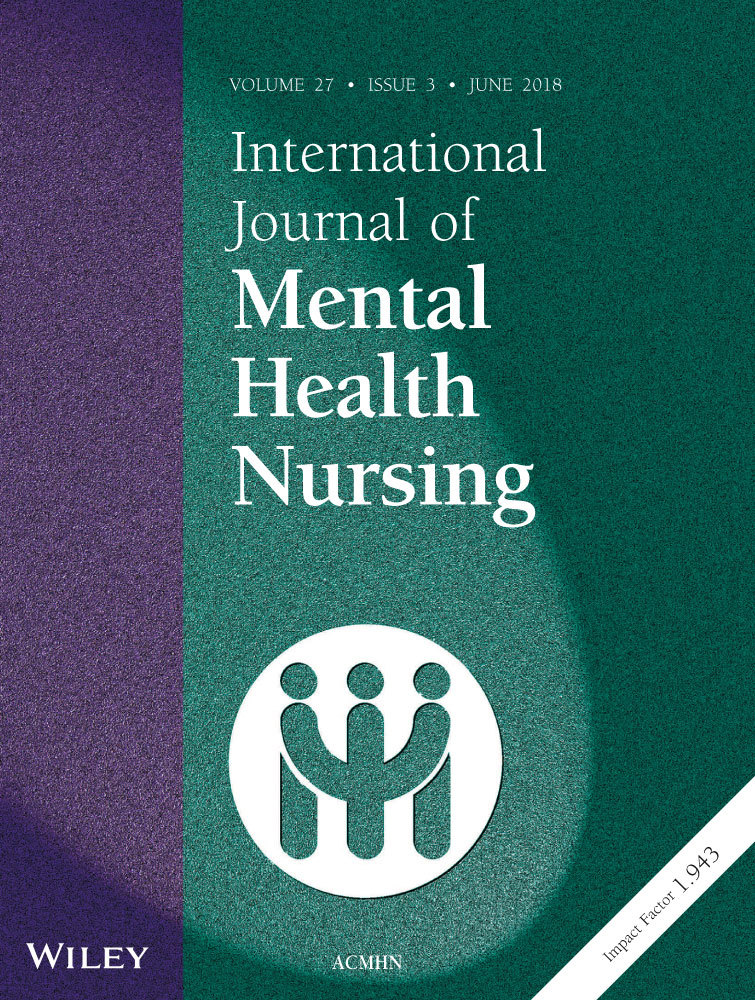Therapeutic relationships, risk, and mental health practice
Abstract
Despite significant changes to mental health services, nurses remain the professional group most likely to be in close contact with people who experience mental health problems. A core part of the contemporary identity of the mental health nurse is one who is able to provide acceptance and support for an individual's recovery through the therapeutic relationship. Yet there have always been some tensions with the mental health nursing role that can appear to challenge this relational focus. An increasing prominence of risk management in mental health care can position mental health nurses as responsible for enacting restrictions and has reignited interest in the role of mental health professionals in social control. This paper reports on one part of a multiple case study, which aimed to explore mental health professionals’ experiences of such tensions in the context of decision-making. Interviews and observations were undertaken in acute ward and assertive outreach settings. Findings suggested that risk dominated decision-making to such an extent it defined the way service users were understood and treated. A distant relationship between professionals and service users helped to create and maintain this situation. There needs to be a greater focus on service users’ subjective experiences in the decision-making process to challenge the definition of people with mental health problems as risky.




